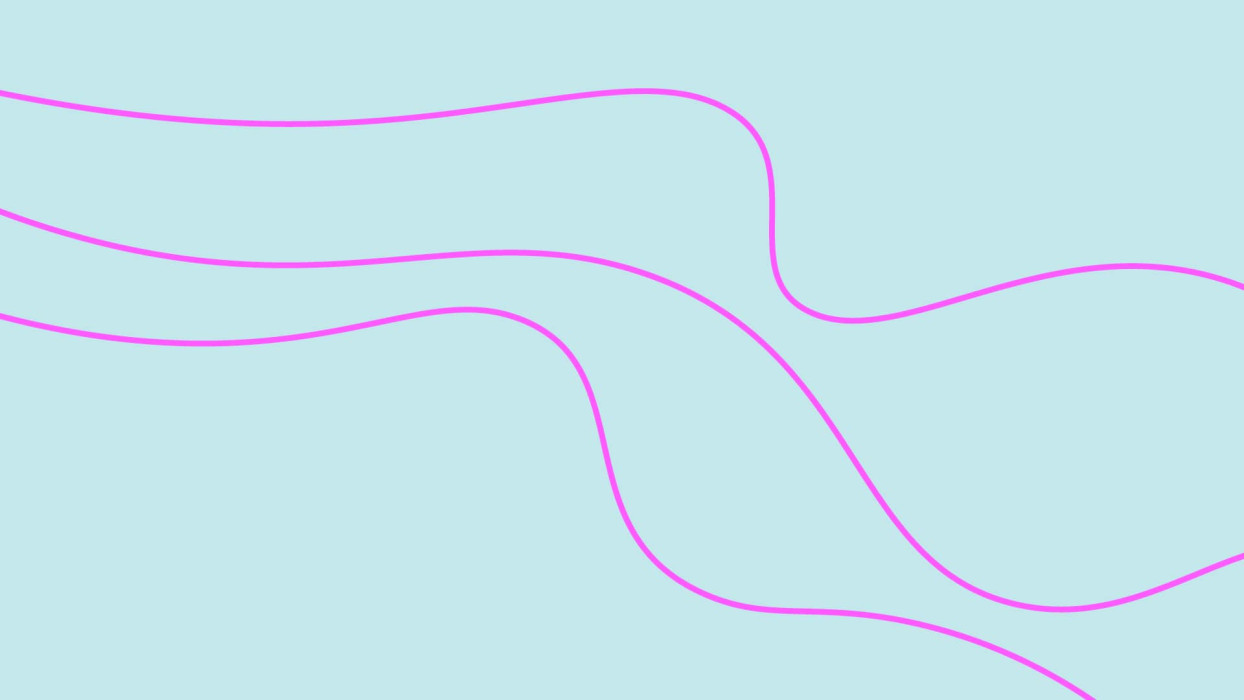DFG grants funding for new CRC at Goethe University Frankfurt and extends funding for a total of eight existing CRC/TRR at the Rhine-Main Universities
The German Research Foundation (DFG) has granted a new Collaborative Research Center (CRC) at Goethe University Frankfurt and extended funding for eight existing CRC/TRR involving the Rhine-Main Universities.
First CRC in educational sciences at Goethe University Frankfurt
The new Collaborative Research Center [in:just] (CRC 1750) is the first Collaborative Research Center in educational sciences at Goethe University. Its focus will be on exploring justice and participation within the German education and upbringing system. The spokespersons are Prof. Merle Hummrich and Prof Vera Moser from the Faculty of Educational Sciences at Goethe University. Funding will amount to a total of 14 million euros for the next three years and nine months.
Funding for existing CRC/TRR at the Rhine-Main Universities is extended
Furthermore, funding was extended for the following eight CRC/TRR involving one or more of the Rhine-Main Universities:
CRC 1292 "Targeting convergent mechanisms of inefficient immunity in tumors and chronic infections“ studies immune evasion mechanisms in cancers and chronic infections. Decoding these immune evasion mechanisms serves to develop innovative, tailored therapies and to accelerate the translation of immunologic research into clinical practice. In addition to Johannes Gutenberg University Mainz, Goethe University Frankfurt, Helmholtz Institute of Translational Oncology (HI-TRON Mainz), Georg-Speyer-Haus, Institute for Tumor Biology and Experimental Therapy (in Frankfurt), University Hospital Cologne and the University of Bonn are also involved.
CRC 1270: "ELectrically Active ImplaNts - ELAINE" examines how targeted electrical and mechanical impulses can initiate and control regeneration of tissues. The aim is to create a new generation of active implants that do not only enable healing passively, but shape the healing process biologically. The CRC involves the University of Rostock as the applicant institution, as well as Johannes Gutenberg University, the University Hospital Greifswald and other partners from the fields of engineering, material and life sciences.
CRC 1482 "Studies in Human Categorization" focuses on the basic theoretical question as to how humans differentiate, i.e. how they differ from each other (e.g. nationality, ethnicity, religion, age, gender, achievement or sexual orientation), but also how humans differ from animals or artefacts. The CRC located at Johannes Gutenberg University Mainz is divided into 21 sub-projects.
CRC/TRR 211 "Strong-Interaction Matter under Extreme Conditions" investigates what happens when matter is heated and compressed to such an extent that its fundamental building blocks – quarks and gluons – are released. The institutions involved are Technical University of Darmstadt, Goethe University Frankfurt and the University of Bielefeld.
CRC/TRR 301 "The Tropopause Region in a Changing Atmosphere" examines the zone known as the tropoause region that separates the lower “weather layer" (troposphere) from the stratosphere above and is located at an altitude region between 9 to 18 km. Institutions involved are Johannes Gutenberg University Mainz, Technical University of Darmstadt, UniversitätBeteiligt sind die Johannes Gutenberg-Universität Mainz, Technische Universität Darmstadt, LMU Munich, Max Planck Institute for Chemistry, Forschungszentrum Jülich and the German Aerospace Center.
CRC/TRR 319 "RMaP: RNA Modification and Processing" focusses on the molecular mechanisms through which ribonucleic acid (RNA) is chemically modified in cells and then processed. ThisCRC/TRR involves Johannes Gutenberg University Mainz, the University of Heidelberg, the University of Würzburg and the German Cancer Research Center.
CRC/TRR 325 "Assembly Controlled Chemical Photocatalysis" studies the interactions between reaction partner and photocatalyst for a better understanding of such interactions. Chemical photocatalysis is an important method for synthesizing molecules using light. Institutions involved are the University of Regensburg, TU Munich and Johannes Gutenberg University Mainz, as well as LMU Munich, Saarland University and the University of Leipzig.
CRC/TRR 326 "Geometry and Arithmetic of Uniformized Structures (GAUS)" investigates the question how highly complicated geometric and arithmetic structures can be described through simpler ones. This CRC/TRR involves Goethe University Frankfurt, Technical University of Darmstadt and the University of Heidelberg, as well as Johannes Gutenberg University Mainz, the University of Hanover and the University of Münster as partners.
Funding of long-term collaborative projects
Collaborative Research Centers are collaborative research projects with a term of up to twelve years, in which researchers cooperate across disciplines. They enable ambitious, long-term research projects and serve to develop research profiles and structures. While classic CRC are mainly located at one university, CRC Transregios (TRR) are jointly applied for and supported by several universities.
The new funding period will start on 1 January 2026.




